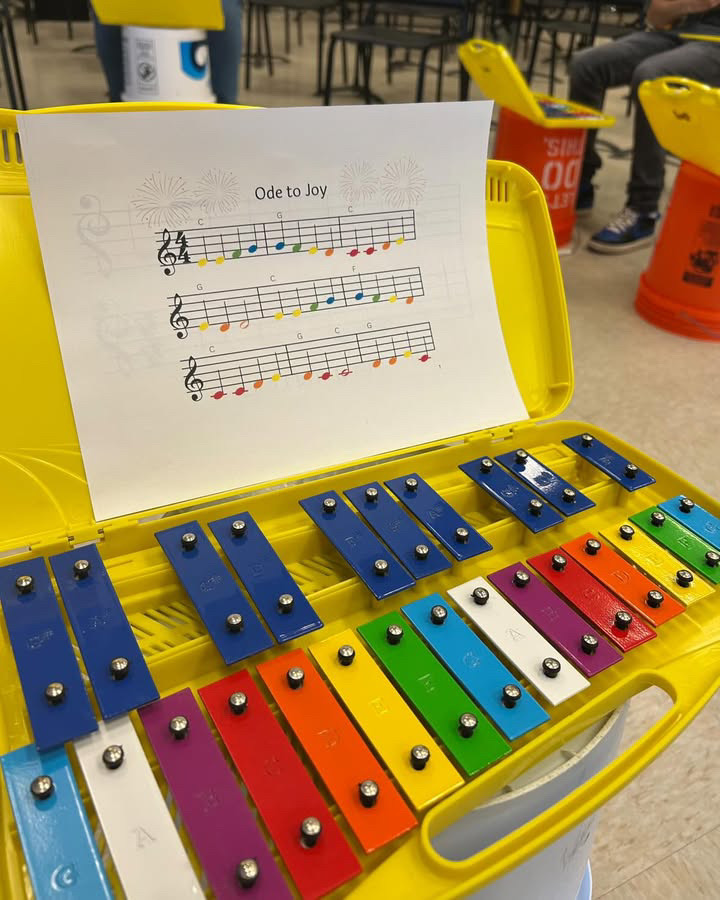MCPS announced that the 2024-2025 school year will no longer have asynchronous days, May 23. During the 2024 school year, MCPS piloted its first post-pandemic asynchronous school day. Asynchronous days allow teachers to assign remote work for students to complete to receive attendance credit. MCPS designated April 22 as an asynchronous day to compensate for past snow days. Originally planned as a professional development day for teachers, the asynchronous day allowed for instructional continuity while accommodating the holiday observance of Passover, said MCPS officials.
The same day MCPS announced the change, Student Member of the Board Sami Saeed posted more information on the matter.
“The board just approved a plan for next year to eliminate asynchronous days and make virtual days a very unlikely possibility,” Saeed wrote. “Instead of doing virtual days, MCPS will either add days to the end of the year or remove non-school days during the year.”
Drawing from the framework established during the pandemic — which included Zoom classes, hybrid days and online assignments — MCPS implemented an asynchronous day to offset the need for extending the school year to make up for lost instructional days, preserving scheduled summer breaks for students and staff.
Sophomore Dani Ibrahim liked asynchronous days as they discount the need for an extra school day added to the school calendar.
“They are a great way to meet the amount of school days required by the county or by the state while still giving a day off for students,” Ibrahim said.
On the other hand, some students criticized asynchronous days due to the workload they had to complete. Many Jewish students felt frustrated that they still had work to do during the most recent asynchronous day, which fell on Passover.
Junior Marisa Janger felt overwhelmed with the workload she had to balance with celebrating her religious traditions.
“It was hard to balance supporting my family and our traditions while also thinking about all the work I had to do,” Janger said.
ELM Learning, an organization dedicated to virtual learning, explained the disadvantages of asynchronous days. There is often a disconnect between the student and the material, causing a lack of motivation. Additionally, the lack of instant feedback and direct teacher-student contact may lead to misunderstandings during asynchronous learning.
Sophomore Ruth Hailu articulated the negative effects an asynchronous day could have on students.
“Students might not receive quick feedback on their work or have the opportunity to ask questions as they arise,” Hailu said. “Students may struggle to stay focused and engaged without any structure.”
Despite this, the New Jersey Institute of Technology explains that asynchronous learning can have many different benefits. Online learning allows students to take advantage of different learning styles that suit them best, can include more accommodations and lets students work at a pace that works well for them without feeling rushed by others. This allows students time to recharge while moving forward with their learning.
















